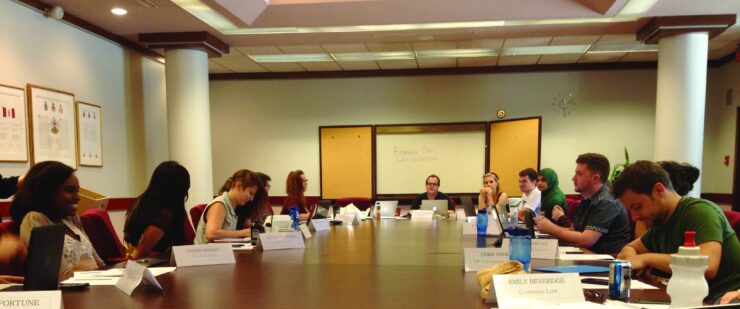As pediatric hospitals fill up and ER wait times persist, everyone is struggling to find access to medical professionals
With health departments across the country struggling to care for patients within their capacity, and public health agencies declaring an unexpected flu epidemic, students at the University of Ottawa (U of O) have been especially struggling to find medical attention.
Pediatric hospitals have been notably overwhelmed, with institutions such as SickKids reporting that their ER wait times are reaching up to 12 hours. Some hospitals in Ottawa have even resorted to using ‘unconventional spaces’ to treat patients in October.
With fewer and fewer doctors in the city accepting new patients, students have to use their own means to find medical advice and solutions.
Mackenzie Snelgrove, a fourth-year in human kinetics, was one such student. She was suffering from pneumonia earlier this month, and struggled to find a doctor to talk to or even a walk-in clinic to attend for antibiotics.
“I called maybe six or seven clinics that are advertised to be walk-in clinics, and apparently over COVID, they shut down the ‘walk-in’ part and were only family doctors, I guess? And they weren’t accepting new patients and so they wouldn’t see me,” she recounted.
Although Snelgrove was able to get in contact with one walk-in clinic, she said that they were strict with setting up an appointment.
“You had to show up at 1 p.m., which made it very difficult with my classes, so I ended up not being able to go there. And I ended up calling my family doctor from back home [in Richmond Hill] to get my antibiotics.”
A view into hospitals
Maya Revesz is a fourth-year nursing student undergoing two different types of clinicals this semester: ‘complex’ care at the Ottawa Hospital in oncology, and community care with chemotherapy patients.
They say that although they’re a bedside nurse at the hospital, which means their patients have been assigned, they’ve noticed a widespread shortage of healthcare support workers.
“I think there is increased anxiety with my patients, asking when the doctor is coming to see them and trying to plan out when they can see the doctor and what they’re going to talk about,” they said. “And the problem with that is, since the doctors take on so many patients during the day, you can’t give your patients a specific time.”
Revesz’s unit at the hospital is currently on a COVID outbreak for the past two weeks, which has added challenges to their assigned workload.
“Like, I know a few shifts ago, I had three patients all requiring glucose checks throughout the day, and the glucose scanner that we have to measure, you need to get an ID badge to turn it on. The problem with [this], since we’re on outbreak, is that you’re putting on your gown, you’re putting on your gloves, you’re putting on your face shield, and you’re going into a patient’s room — and your glucose scanner times out,” they explained.
“And so I would have to go back [to] find my primary nurse and get their ID badge again. So taking off all the PPE, going back into the room… I found myself running around a lot endlessly for small tasks that should be better organized.”
Are campuses masking up?
A CBC article reports that Ottawa universities — including the U of O — are following Ottawa Public Health guidelines and are not reinstating mask mandates. This counteracts ‘strong’ recommendations from Dr. Kieran Moore, Ontario’s Chief Medical Officer, to mask up indoors again.
Some universities have been taking preventative steps. The University of Waterloo reinstated its indoor mask mandate on Nov. 9, appearing to be the first in the province to do so.
Meanwhile, post-secondary institutions like the U of O have dropped vaccination and mask mandates, leaving certain groups of students, such as immunocompromised and students with disabilities, on their own.
Snelgrove says that she would like to see more advertised flu shot clinics on campus, and possibly even social distancing measures.
“All of my classes are in Desmarais, so they’re tiny classrooms, but the classes are packed. Everyone is sitting beside each other,” she said. “I’ve been sick twice this month and I haven’t been able to fully recover. And I’m not out doing crazy things — I’ve just been going to classes.”
Snelgrove says that in addition to receiving her antibiotics, she’s been wearing masks everywhere and taking vitamins as a preventative measure.
Revesz says that not a lot of people in the University community understand the stress many nursing students face in regards to not getting sick while attending their clinicals.
“We have clinicals going every single week, and if you miss more than two shifts, they threaten to have you redo your semester, depending if you can’t make up those hours,” they said. “If I get sick, I’m putting my degree on the line, and I’m putting my, like, just my financial stability on the line. So, I think masking is a lot more important than people realize.”
As the weather grows colder and the semester comes to a close, it’s important to take care of your health — and consider our healthcare systems.





